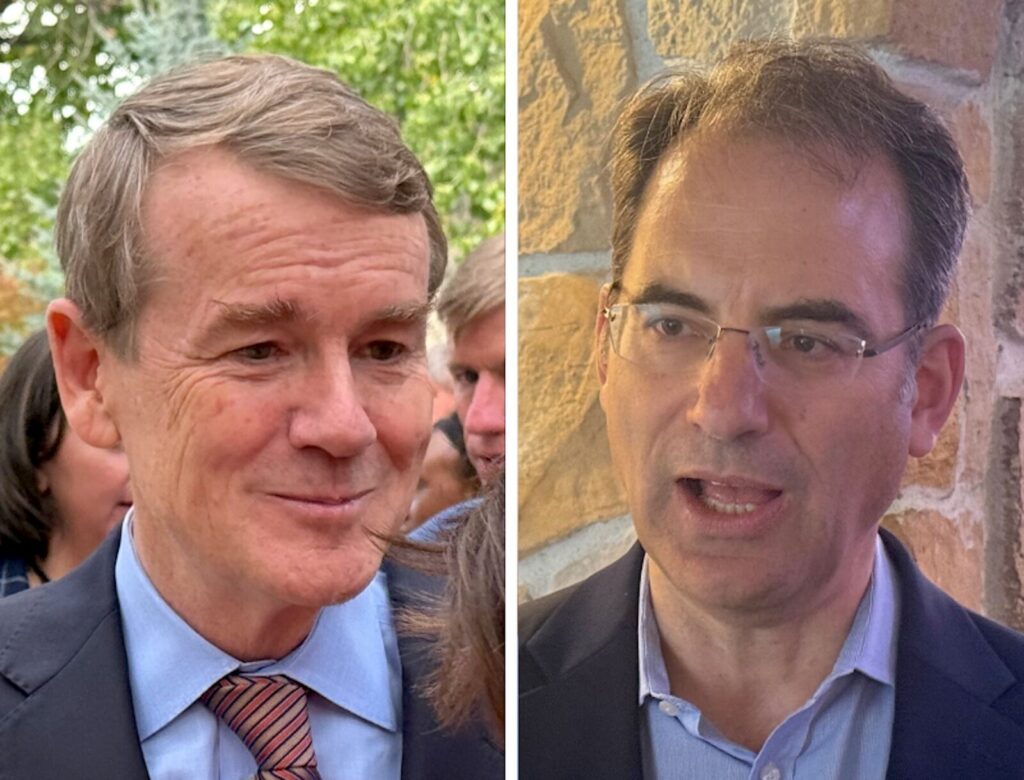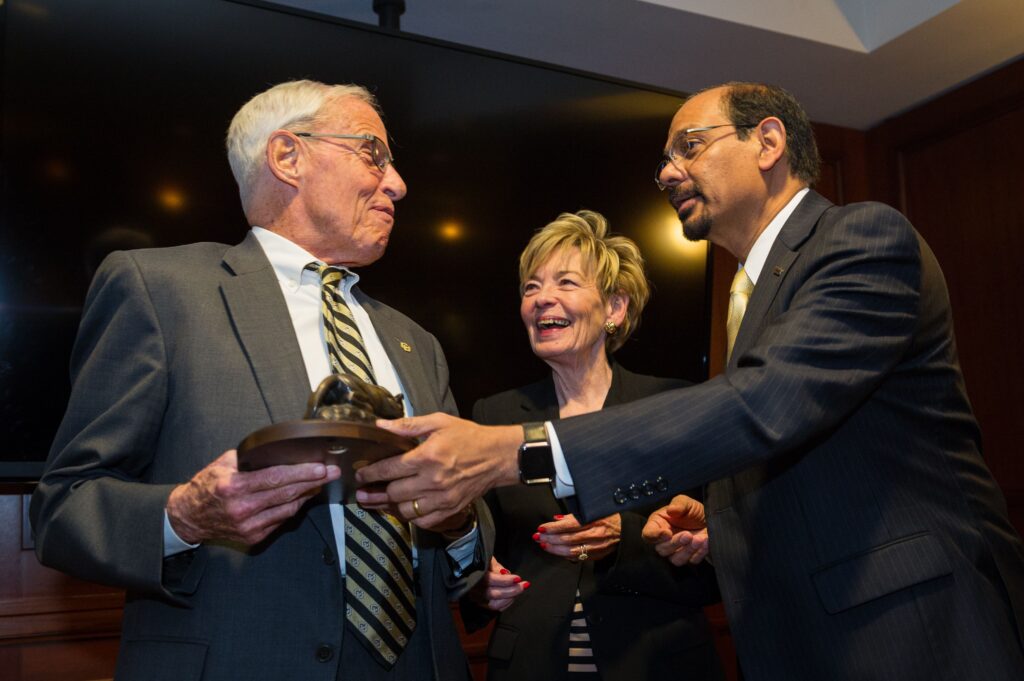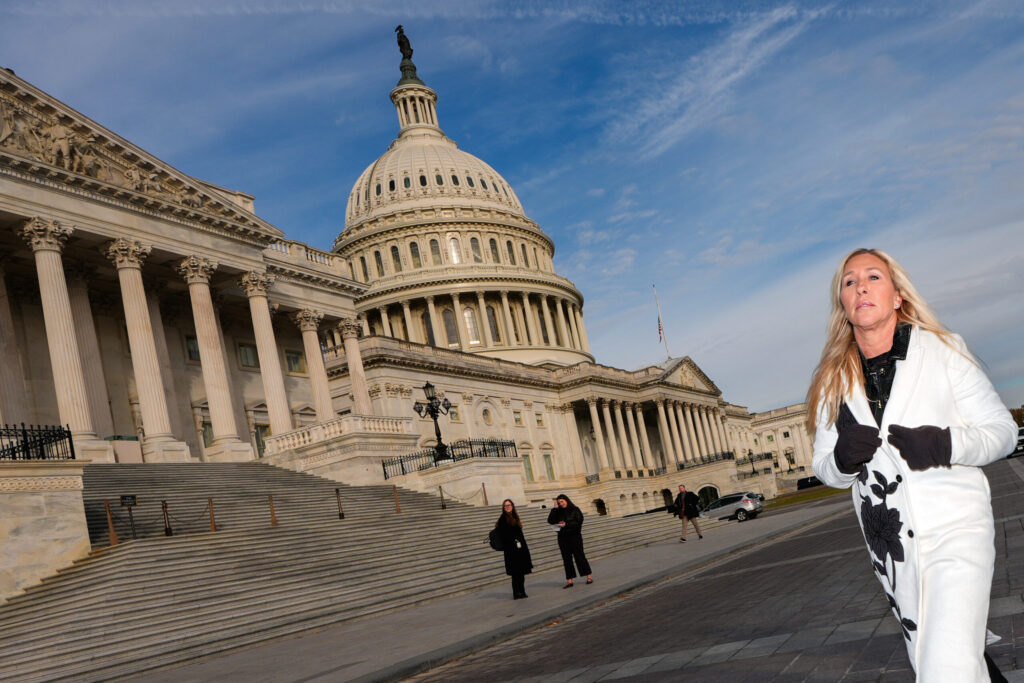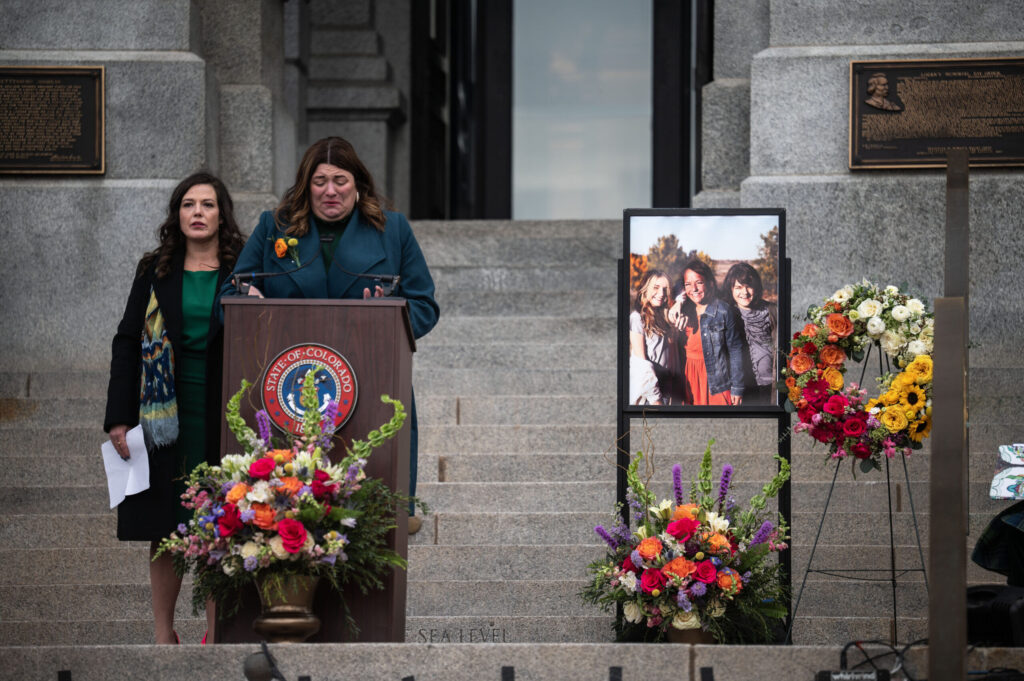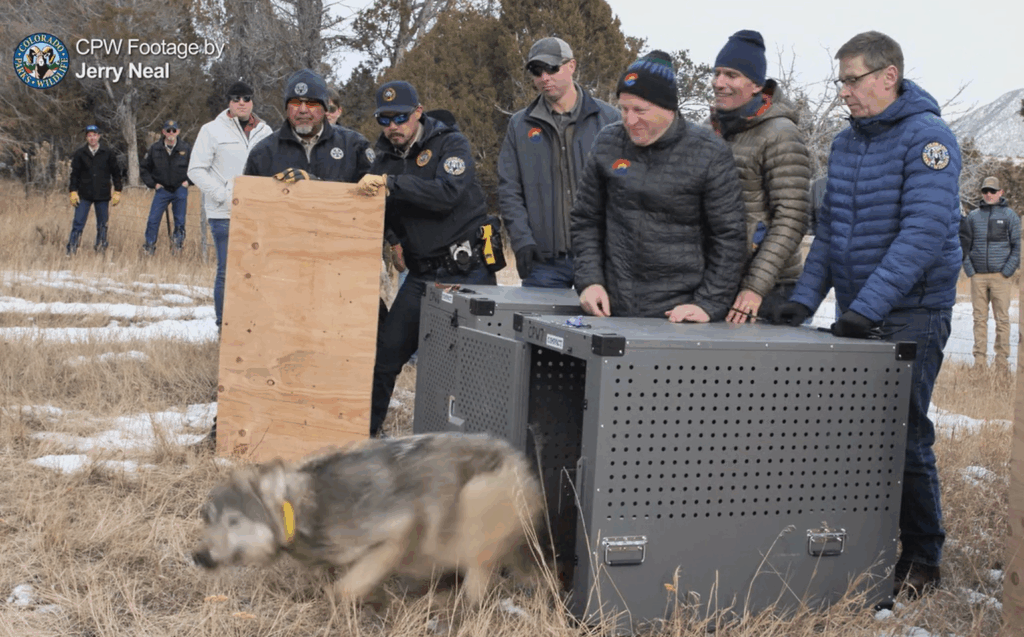Colorado election bill seeks to expand tribal voting, disclose candidate income

Update: Senate Bill 276 passed the Senate State, Veterans and Military Affairs Committee Thursday in a 5-0 vote. It will next be sent to the Senate Appropriations Committee.
Colorado lawmakers will soon consider a host of changes to the state’s election system with the introduction of Senate Bill 276 on Tuesday.
The near-annual election “clean up” bill is drafted in coordination with the Secretary of State’s Office, county clerks and other stakeholders. This year, the bill would make several changes, including expanding voting access on tribal lands and establishing personal income disclosures for political candidates.
The bill is scheduled for its first committee vote on Thursday afternoon.
“The bill, in a lot of ways, is just a continuation of improving our election system,” said bill sponsor Senate President Steve Fenberg, D-Boulder. “We have one of the best election systems in the country. It’s proven to be very accessible, it’s proven to be very secure. But we, obviously, can always make improvements.”
One of the most significant components of the bill would improve voting access for Native American tribes.
If passed, the bill would expand the state’s automatic voter registration system to include tribal membership lists – making Colorado the first state in the country to do so, Fenberg said. It would also increase the number of in-person voting sites on tribal lands before and on Election Day.
Colorado’s two federally recognized tribes, the Ute Mountain Ute Tribe and Southern Ute Indian Tribe, helped to develop the bill.
This expands upon changes made in 2019, which established in-person voting on tribal lands and allowed Native Americans without a federally recognized address to register to vote. During the next election in 2020, turn out among Colorado’s active tribal voters increased by 14 percentage points in the Ute Mountain Ute Tribe and by 24 percentage points in the Southern Ute Indian Tribe.
“By improving access to the electoral process, every candidate has greater access to the voting public. Everybody benefits,” said Peter Ortego, general counsel for the Ute Mountain Ute Tribe. “The legislation should help Tribal Members have greater access to ballots instead of just for the day of voting.”
Another major portion of the bill would increase requirements for candidates and elected officials to disclose their personal finances.
Under the bill, candidates and elected officials would have to report their income – in addition to the existing requirement that they reveal their sources of income. This is already mandated for members of the U.S. Congress.
The bill would also make the personal finance information publicly available online, clarify enforcement for reporting, and require candidates and elected officials who are consultants to provide a list of people who are contracting with them.
Fenberg said these changes are intended to increase transparency and ethics in government.
“I’ve long wanted to take this on,” Fenberg said. “If you look at some people’s financial disclosures, you’re kind of like, ‘Okay, that doesn’t tell me anything.’ This isn’t to out anybody. This is about transparency and making sure we have a system that checks for conflicts of interest.”
One component is notably missing from the bill: Restricting discretionary recounts.
For Colorado elections, automatic recounts are triggered only when the margin between the two top-finishers is 0.5% or less of the leading candidate’s vote total. However, any candidate can request a discretionary recount so long as they pay for the costs of conducting it.
In a March press release, the Secretary of State’s Office said the upcoming bill would only allow discretionary recounts if the margin of victory in the race is within 2%. The release said this would stop recounts from being “abused” and “exploited to spread disinformation and slow down election administration.”
This provision was removed from the introduced version of the bill – a move the Secretary of State’s Office called “disappointing.”
“This already agreed upon provision was supported by Colorado’s county clerks and would have protected the state’s dedicated election administrators from performing unnecessary recounts,” the office said in a statement to Colorado Politics. “These unnecessary recounts are being used by election deniers all over the country as a means to sow doubt and burden election workers to the point they are no longer willing to do these jobs.”
Last year, former Mesa County Clerk Tina Peters requested a recount after she lost the Republican primary for secretary of state by nearly 89,000 votes. The quarter-million-dollar recount added 13 votes for both Peters and the primary’s winner, Pam Anderson, confirming the original result.
Fenberg defended the decision not to restrict recounts, arguing that it would only worsen distrust in election systems.
“Now is not the time to address that,” Fenberg said. “We want to increase confidence in our elections and not remove options for people. Especially if someone is an election denier. I don’t want to do something that feeds into that conspiracy.”
Despite this omission, the bill features another element the Secretary of State’s Office touted in its March release: Improving timeliness in ballot counting by requiring clerks to begin counting ballots at least four days before an election for counties with more than 10,000 electors. Currently, counties can start counting ballots as early as 15 days before an election, but it’s not mandated.
Other notable changes the bill would make include increasing state reimbursements of county funds spent on elections; increasing voter service centers on college campuses and in jails; allowing the use of digital IDs to vote; and, requiring clerks to update information about cured ballots every 24 hours.



